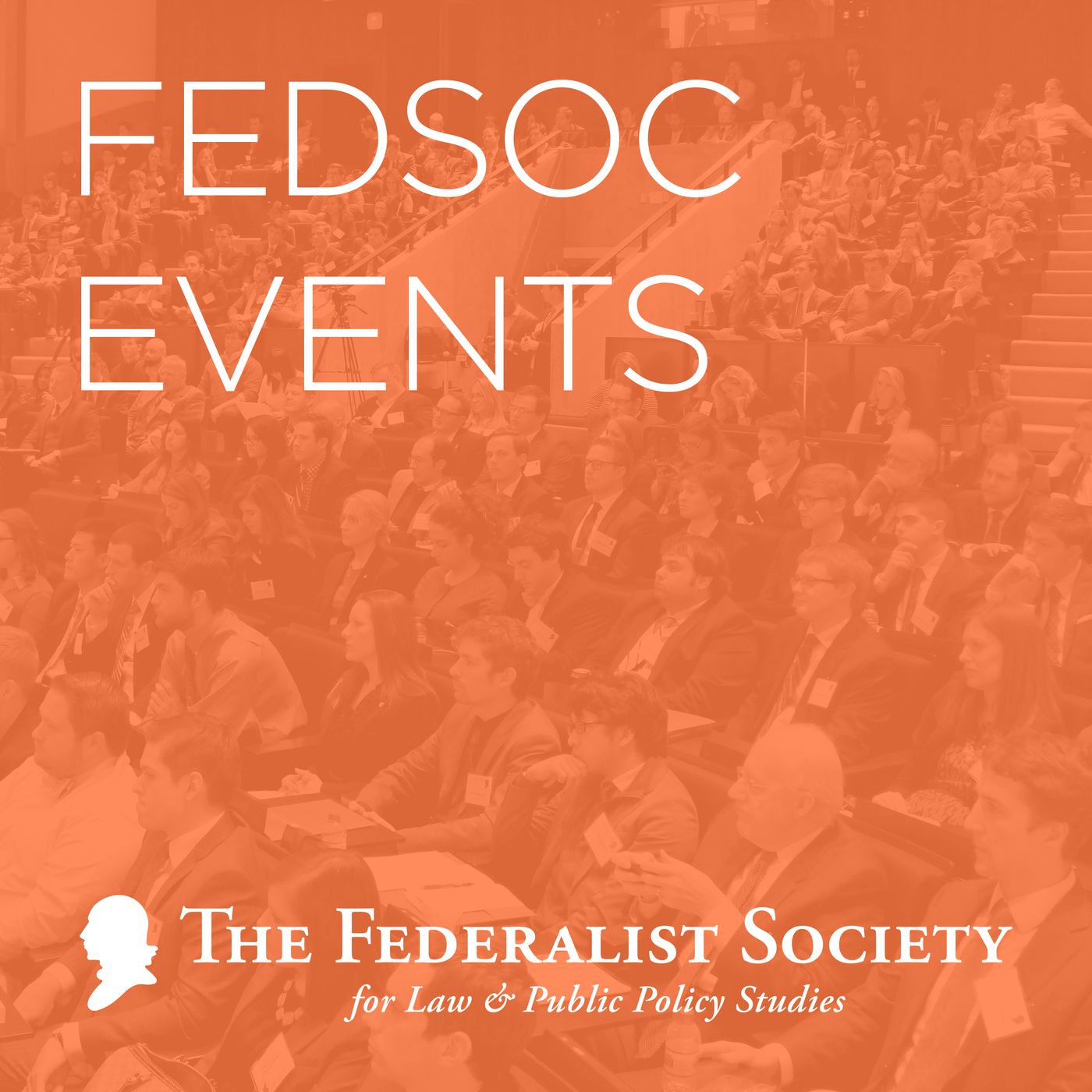- News
- Politics
- SEE MORE
- classical
- general
- talk
- News
- Family
- Bürgerfunk
- pop
- Islam
- soul
- jazz
- Comedy
- humor
- wissenschaft
- opera
- baroque
- gesellschaft
- theater
- Local
- alternative
- electro
- rock
- rap
- lifestyle
- Music
- como
- RNE
- ballads
- greek
- Buddhism
- deportes
- christian
- Technology
- piano
- djs
- Dance
- dutch
- flamenco
- social
- hope
- christian rock
- academia
- afrique
- Business
- musique
- ελληνική-μουσική
- religion
- World radio
- Zarzuela
- travel
- World
- NFL
- media
- Art
- public
- Sports
- Gospel
- st.
- baptist
- Leisure
- Kids & Family
- musical
- club
- Culture
- Health & Fitness
- True Crime
- Fiction
- children
- Society & Culture
- TV & Film
- gold
- kunst
- música
- gay
- Natural
- a
- francais
- bach
- economics
- kultur
- evangelical
- tech
- Opinion
- Government
- gaming
- College
- technik
- History
- Jesus
- Health
- movies
- radio
- services
- Church
- podcast
- Education
- international
- Transportation
- Other
- kids
- podcasts
- philadelphia
- Noticias
- love
- sport
- Salud
- film
- and
- 4chan
- Disco
- Stories
- fashion
- Arts
- interviews
- hardstyle
- entertainment
- humour
- medieval
- literature
- alma
- Cultura
- video
- TV
- Science
- en
Courts vs. Congress: What is a Patentable Invention? 11-17-2016

b'In the past six years, there has been a momentous shift in what can be patented. In four separate cases, the Supreme Court embraced a more muscular approach in enforcing the basic requirement under \\xa7 101 of the Patent Act that only certain types of inventions can be patented, impacting inventive activities ranging from biotech to high-tech to business methods. As a result, the Court of Appeals for the Federal Circuit, trial courts, and the Patent Office have responded by sharply restricting the scope of \\u201cpatentable subject matter," invalidating issued patents and rejecting patent applications at record rates. -- This change has been both consequential and controversial. Inventions that once were patentable in key innovation industries, such as cutting-edge diagnostic tests made possible by the biotech revolution and highly complex computer software in the high-tech sector, are no longer eligible for patent protection. Some welcome this development, seeing it as freeing up basic tools of research and preventing abusive assertions of patents against infringers. Others have criticized this development, identifying lost incentives to invest millions in R&D necessary to produce technological innovation and lost value in existing patents given pervasive uncertainty in the patent system as to what is and is not protectable. -- The lack of certainty is something both sides of this important legal and policy debate have found troublesome. Many agree that the Supreme Court\'s current patent-eligibility jurisprudence is confusing and murky. The Court\'s legal test for assessing patentable subject matter has proven unpredictable in its application by courts, by patent examiners, and by the administrative review board at the Patent Office (the Patent Trial and Appeal Board). -- One proposed solution has been to simply abolish \\xa7 101, the provision that sets forth the requirement that only an invention comprising a \\u201cmachine, manufacture, process, or composition of matter" is patentable. The argument is that this provision is an antiquated holdover from the first patent statutes that did not have the granular requirements that now exist in the modern Patent Act, ensuing that only novel, nonobvious, useful and fully disclosed inventions are patentable. This panel will consider whether such a radical move is warranted, whether the Supreme Court\'s patentable subject matter jurisprudence is on the right track, or perhaps whether any problems in patentable subject matter jurisprudence are fixable by the Court or by Congress. -- This panel was held on November 17, 2016, during the 2016 National Lawyers Convention in Washington, DC. -- Featuring: Mr. David J. Kappos, Partner, Cravath, Swaine & Moore LLP; Prof. Adam Mossoff, Professor of Law and Co-Director of Academic Programs, Senior Scholar, Center for the Protection of Intellectual Property, Antonin Scalia Law School, George Mason University; Mr. Mark A. Perry, Partner, Gibson, Dunn & Crutcher LLP; and Prof. Joshua D. Sarnoff, Professor of Law, DePaul College of Law. Moderator: Hon. Susan G. Braden, U.S Court of Federal Claims.'